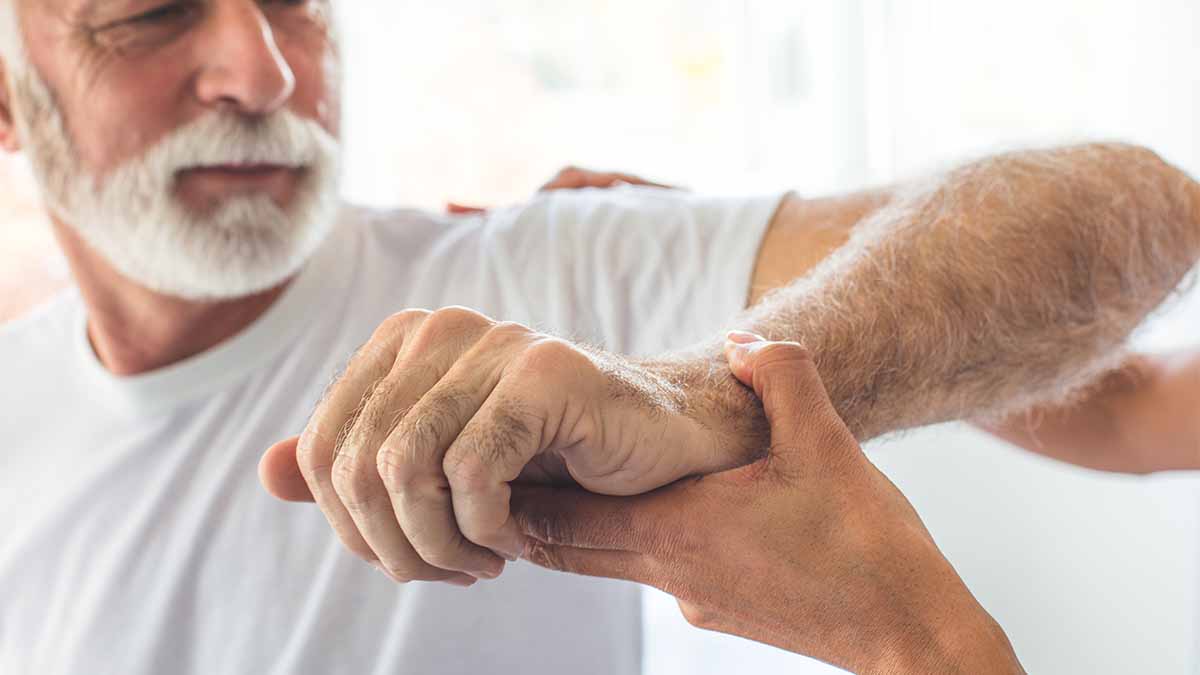
Stroke patients should be offered additional rehabilitation to help them recover, the National Institute for Health and Care Excellence (NICE) has recommended, despite recognising this is likely to put NHS and community rehab teams under even greater pressure.
The guidance, which updates the original guidelines published in 2013, now recommends that people who have had a stroke should be offered needs-based rehabilitation for at least three hours a day on at least five days of the week.
This should cover a range of multidisciplinary therapy, including physiotherapy, occupational therapy and speech and language therapy. The original 2013 guidance previously recommended that 45 minutes of rehabilitation a day was enough.
An evidence review by NICE showed more intensive rehabilitation improved quality of life and activities of daily living.
It also heard from people recovering from stroke, and their families and carers, who felt strongly that more intensive rehabilitation would be useful in helping them to recover faster, NICE said.
However, NICE chief medical officer Professor Jonathan Benger, conceded delivering this level of additional support may cause “challenges” for the NHS in terms of capacity and workload.
“We recognise the challenges the system faces in delivering these recommendations, not least the problems inherent in increasing service capacity and staff. We also know current practice is inconsistent, even when it comes to implementing our previous recommendations,” he said.
“But equally it shouldn’t be underestimated how important it is for people who have been left with disabilities following a stroke to be given the opportunity to benefit from the intensity and duration of rehabilitation therapies outlined in this updated guideline.
“By focusing on what matters most, we need to find ways to enable people who have had a stroke to access the level of rehabilitation that supports their recovery and meets their long-term needs and goals,” Professor Benger added.
The updated guidance, NG236, also makes it clear that post-acute stroke care can be delivered in a combination of secondary or primary care settings, often by specialist multidisciplinary teams working across different organisations.
It makes new recommendations on the intensity of stroke rehabilitation, the assessment of visual and hearing impairments, measuring fatigue and the use of ‘telerehabilitation’, or approaches that employ technologies to connect patient and therapist.
For all the latest Health News Click Here
For the latest news and updates, follow us on Google News.
